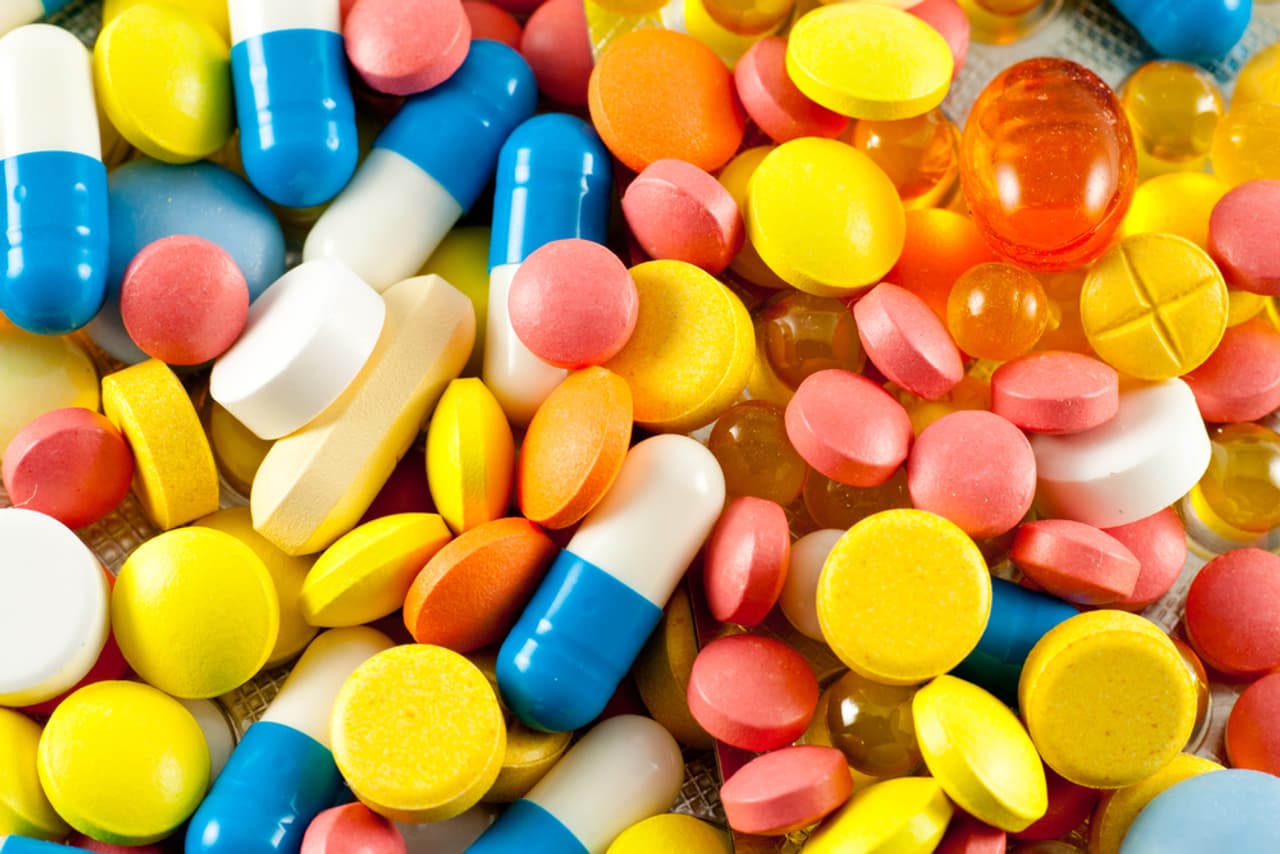
Pharmaceutical giant fined $750m
(Image by shutterstock.com)
US authorities have imposed a $750m fine on GlaxoSmithKline for selling contaminated drugs. The case is the latest in a series of huge settlements secured by the US Justice Department against pharmaceutical companies with the help of whistleblowers.
As the Bureau of Investigative Journalism reported in August, many of the largest pharmaceutical companies operating in the US are either being investigated following whistleblower claims or have settled cases in recent years.
Our film for Al Jazeera English revealed the scale of bad practice in the pharmaceutical industry.
Related story: Documentary reveals the unhealthy profits of the pharmaceutical industry
In this case the vital evidence was provided by GSK’s former global quality assurance manager Cheryl Eckard, who lost her job in 2003. She raised concerns about quality control at the Cidra factory in Puerto Rico, the company’s most important manufacturing plant at the time.
She first raised her concerns to senior management after visiting the site in 2002, but she claims her 13 page report was largely ignored. After being made redundant in 2003 she brought action against GSK under the False Claims Act. This is unique whistleblowing legislation under which employees with knowledge of fraud against the government can bring a case on its behalf – and share in the proceeds.
Her witness statement lists a raft of problems including drug mix-ups that meant bottles ended up containing different types of pills, contamination of products that were meant to be sterile – including cancer drugs and baby skin ointment – “inadequate identification, control and storage of drug materials, waste and cleaning agents, poor disinfection procedures, leaking equipment, and inadequate verification of product labels”.
She also alleged that workers at the plant were “skimming off” drugs and sending them to Latin America, to be packaged and re-imported to the US for sale on the black market. GSK denied the latter allegation, but pleaded guilty to the quality control complaints.
Her claim alleged that the government was being defrauded as it was paying through Medicare for contaminated or spoiled drugs that didn’t work properly. GSK’s settlement includes $96 million to be paid to Eckard.
The promise of such large rewards has persuaded many employees to testify against their bosses. Pfizer paid a $2.4 billion fine in 2009, the largest in US corporate history. But, as the Bureau reported, anti-fraud campaigners have complained that even fines of this magnitude are failing to deter companies from bending the rules.
As a further deterrent, US authorities have announced plans to hold individual executives strictly liable in future fraud cases. Asked whether action would be taken against the managers named in Eckard’s case, a spokesman for the Office of the Inspector General at the US Department of Health and Human Services said: “Investigations on the GSK matter are still ongoing.”
PD Villarreal, GSK’s senior vice president said: “We regret that we operated the Cidra facility in a manner that was inconsistent with current good manufacturing practice requirements.” The plant closed in 2009 and GSK no longer owns it, he added. “GSK worked hard to resolve fully the manufacturing issues at the Cidra facility prior to its closure in 2009 and we are committed to continuous improvement in our manufacturing processes.”




